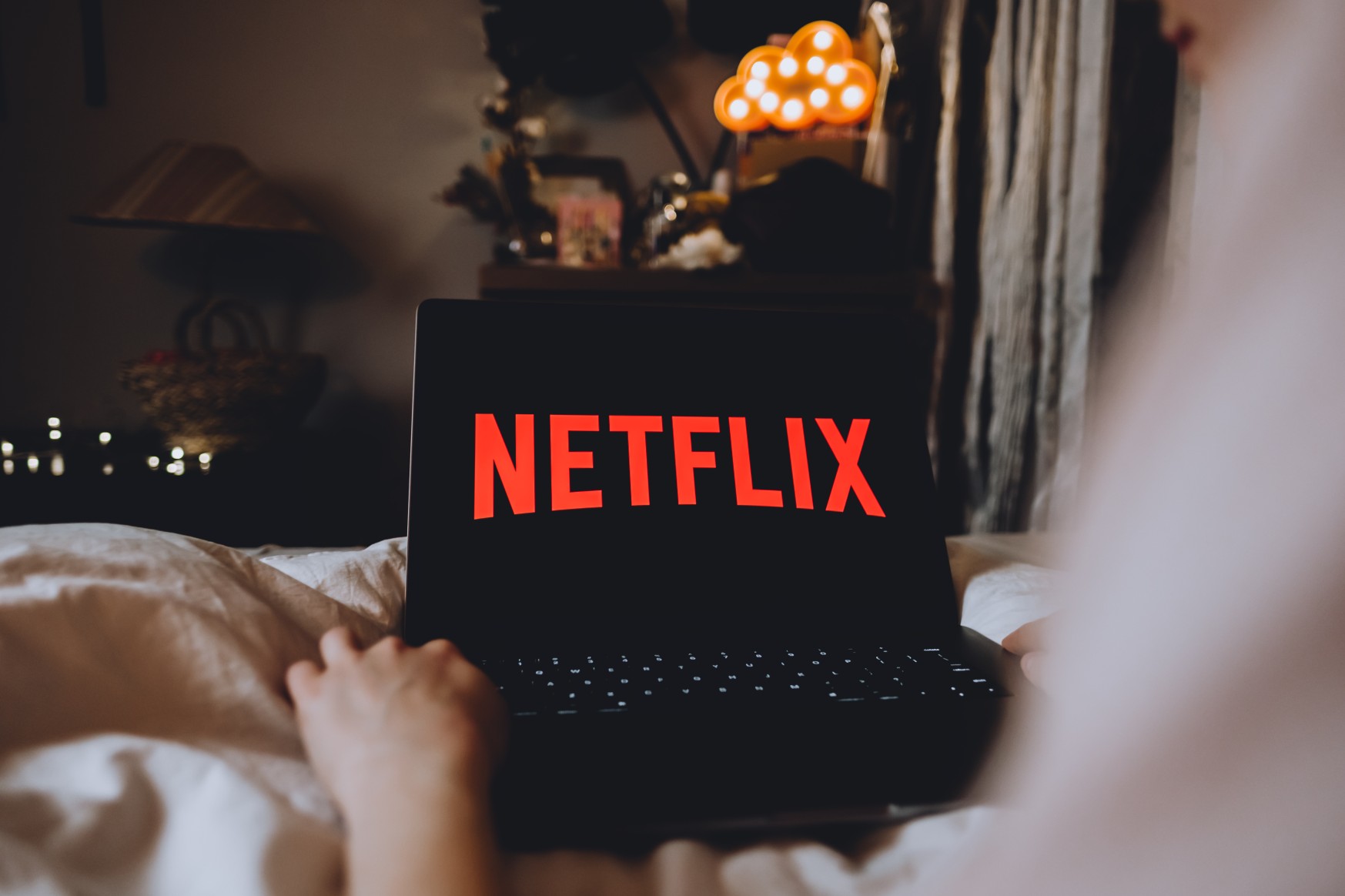Around the world, more than 220 million individuals have Netflix subscriptions. A 2021 poll by Mindnet Analytics found that more than half of those customers have shared their account credentials with someone outside their immediate home.
Netflix does not mind if you share an account with your friends. Each family member can have their own account, but they each have their own independent watch histories, to-watch lists, and algorithmic presences for things like tailored suggestions. This is one of the most significant user-side features we have today.
However, family members are the operative terms here. According to Netflix’s Terms of Service, you may only share a single Netflix account among family members who live in the same house.
When a child leaves home or a relationship ends, they should open their bank account. This is not necessarily true, and even if it were, the millions of individuals who share accounts with their friends and colleagues would not be deterred.
Although it is against the law, it is common practice in the digital era, especially since streaming services compete for viewers’ funds and the cost of legitimate access to such services continues to rise. For example, Netflix raised its monthly fees again in January 2022.)
In comparison to the $13.99 he paid in 2018, one Canadian writer now pays $20.99 a month. Eesh.) This is something that Netflix appears to understand: Password sharing will not go away. As part of a crackdown last year, it made customers re-enter their passwords if they were accessed from several IP addresses. However, it is now attempting a new strategy: charging customers to add their friends.
Up to two non-family members can be added to a subscriber’s account. In a blog post, Netflix product innovation director Chengyi Long stated that Netflix has always made it simple for individuals who live together to share a Netflix account, with features like separate accounts and multiple streams in our Standard and Premium plans.
Although they have been enormously popular,and have also caused some misunderstanding regarding when and how Netflix may be shared. Their capacity to invest in new shows and movies for their users is hampered by the fact that accounts are being shared between families.” If you do not live with someone else, you may create a “sub-account” for them, which will have their profile, tailored recommendations, login and password, and a lesser fee. Netflix has spent the past year building this feature.
That Reduced Pricing And How Low Is It?
Three nations, Chile, Costa Rica, and Peru participate in Netflix’s non-household sharing test. Each monthly subscription will cost $2.99 US in Costa Rica. Peruvian pesos cost 7.9 PEN (about $2), whereas Chilean pesos cost 2,380 CLP (about $3).
The test will begin in the coming weeks. Netflix will notify users in these locations if devices access their accounts outside of the household. They will be prompted to use the new tool to add more accounts. Parallel to its announcement of a new tool that would allow customers to move their profile from one Netflix account to another or create a subaccount, Netflix revealed it is also testing a second password-sharing-busting option.
There will be no data loss in the event that a user moves out of the household and sets up a new account with a different email address. In addition, users who have been taking advantage of other people’s subscriptions will be able to keep their old profiles if those people opt to add them as an official sub-account. None of these capabilities will probably be permanently integrated into Netflix, as with each Netflix test. Netflix is looking into ways to combat password sharing.
Executives at Netflix are not going to come out and say they support password sharing, but there are a few plausible reasons why they took a laissez-faire approach to the whole matter for a while. College students who use their mother’s account will, ideally, grow up and obtain adult employment, at which point they will be able to pay for their own account.
So why not allow them to become acclimated to the product now? In addition, the concern was that forcefully throwing freeloaders off the site would make the corporation appear miserly and uncool, resulting in a public relations nightmare for the company.
Finally, it is highly probable that Netflix, which is focused on keeping consumers and maintaining its position as one of the world’s largest media corporations, had other things on its mind.






